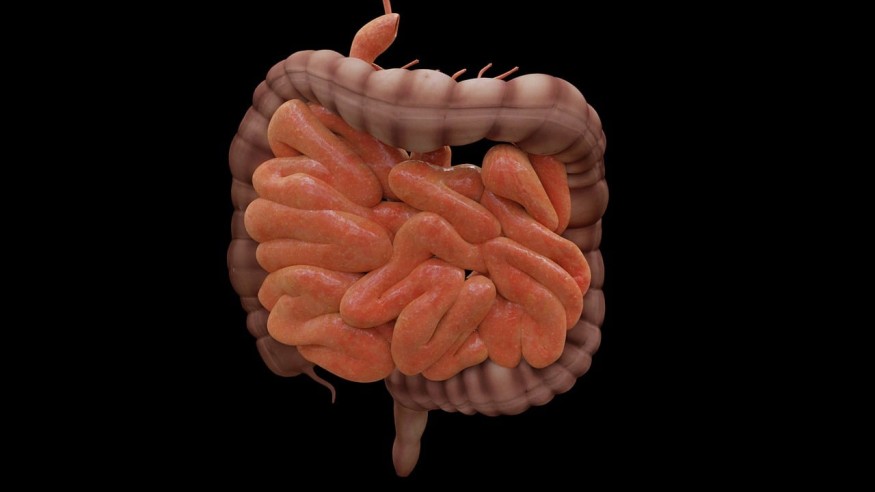
While death is the moment a person's essential organs stop functioning to maintain life, the actual dying moment is but a part of a more intricate process of death.
Death Explained
The signs and symptoms of death are quite familiar to mankind. A person who is dead does not have any pulse or breathing. There are also no reflexive responses to testing. Pupils also dilate when exposed to bright light.
The timeline of death varies for each person. It highly depends on one's cause of death, treatments, and health. Some conditions that lead to death are treatable, wherein they do not only delay death from happening but also lengthen the process of dying. Such slowing down makes it easier to identify the signs that death is near.
The Digestive System of the Dying
Prior to death, there are several functions and processes that take place. When it comes to the digestive system, a person may experience decreased appetite and thirst. A body that is dying does not require equal nourishment as a body that is not approaching death. Appetite may plummet in months, weeks, or days prior to death. It may also be difficult for the digestive system to process the eaten food. People may altogether lose their appetite eventually.
As this system slows down, it may also become harder for the affected individuals to control their bladder and bowel. For one, it may be more difficult to poop. It is common for those who are dying to experience constipation. In such a case, one may have lesser control over the pelvic floor muscles that enable control when peeing. It may be necessary for such persons to try out stool softeners to help with constipation relief.
Decomposition also starts a couple of minutes post-death through a process known as autolysis or self-digestion. Shortly after the heartbeat stops, cells become oxygen-deprived while their acidity levels go up. These levels increase as chemical reactions' toxic by-products start building up within them. Enzymes start digesting membranes of the cells and then they leak out with the breakdown of cells.
In most cases, it starts with the enzyme-rich liver and the brain. Eventually, all organs and tissues in the body start breaking down in such a fashion.
Do You Poop When You Die?
After death, the muscles immediately loosen up. This takes away any restraint within the bladder and bowel, including the sphincters that keep the body's contents from leaking out.
Because of this, most people actually pee and poop at death. Though families attending to the death bed could find it quite concerning, it is normal for some bodies to poop or pee after death. In such cases, healthcare professionals may ask the family to leave temporarily so that the body can be cleaned up.
Read also: Hospitals, Families Still Struggle To Define Death: When Is Someone Considered Clinically Dead?
Check out more news and information on Medicine & Health in Science Times.
© 2025 ScienceTimes.com All rights reserved. Do not reproduce without permission. The window to the world of Science Times.











